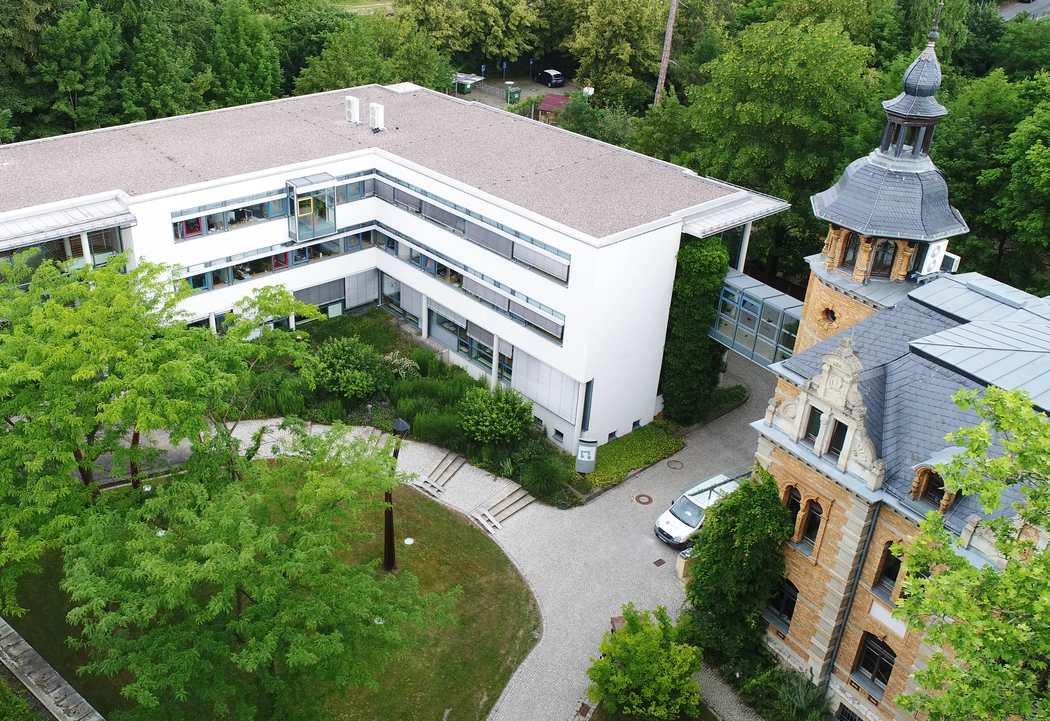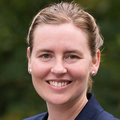What Does Dental Calculus Reveal About Human Evolution?
DOI:
https://doi.org/10.21036/LTPUB10321Researcher
Christina Warinner is Associate Professor of Microbiome Sciences at the Max Planck Institute for Science of Human History’s Department of Archaeogenetics in Jena, Germany. In 2010, she received her PhD from Harvard University and went on to do postdoctoral training at the University of Zurich (Switzerland) and later the University of Oklahoma (USA), where she co-founded the Laboratories for Molecular Anthropology and Microbiome Research. Warinner’s research on evolutionary medicine and the evolution of the human oral microbiome has been ground breaking. She and her research group were the first to publish a detailed genomic and proteomic study of the ancient human oral microbiome, and she is pioneering new methods for ancient dietary and human genome reconstruction. These achievements and the research advancements she has made in her field earned her a TED Fellowship in 2012 and an invitation to the White House Microbiome Innovation Forum in 2015.

Original Publication
Pathogens and Host Immunity in the Ancient Human Oral Cavity
Christina Warinner,
João F. Matias Rodrigues,
Rounak Vyas,
Christian Trachsel,
Natallia Shved,
Published in
Citation
Christina Warinner,
Latest Thinking,
What Does Dental Calculus Reveal About Human Evolution?,
https://doi.org/10.21036/LTPUB10321,
Credits:
© Christina Warinner
and Latest Thinking
This work is licensed under CC-BY 4.0
